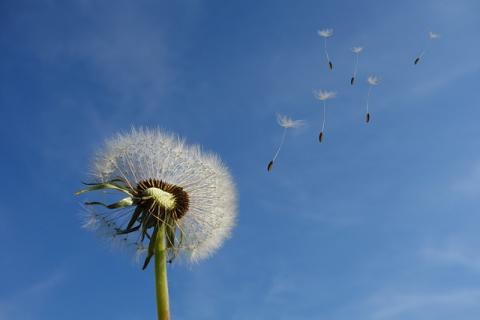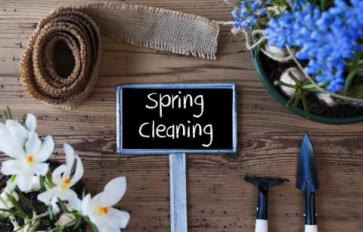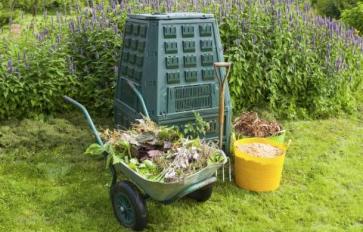
We all love our gardens and hate the pests. So here are five homemade pesticides that target only the bad bugs in our garden and are benign to all other life.
Long before laboratory-synthesized pesticides came into being, crops were still planted and harvested. If the farmers of yore could manage to grow their crops without disturbing the ecological balance with harmful chemicals, to a point at least, so can we. Mother Nature usually has a solution to all the problems that exist within her realm, including pesky pests with an appetite for the same crops that we like to eat. So here are five natural pesticides that target the pests in a garden, but leave the good bugs alone, and also don’t poison the soil, the crops and us in the process. Oh, and for all you green-thumbers out there, check out some homemade fertilizers too!
Neem (Azadirachta indica)
Before the toothbrush and toothpaste revolution hit India, there was datun. Prescribed in Ayurveda as an effective way to clean the teeth and keep the mouth bacteria free, small branches or twigs of the Neem tree, freshly plucked off the tree, were extensively chewed and rubbed all over the teeth. If Neem can flush even microscopic bugs out of teeth, it can certainly shoo off some of those persistent garden bugs. While it’s easy enough to buy neem-based pesticides from organic gardening stores, you can even make your own. Mix in 15 ml of neem essential oil with 1.5 ml non-scented soap (could be dish soap or even an organic hand wash) in 2 lt of water. Spray this onto affected plants and let the solution seep into the soil, too, to get to the roots. Dried neem leaves also make excellent mulch and keep away ants and termites from the plants.
Salt
Caught you unawares, didn’t we? Thought salt was for just for healing and eating? Salting leeches are far more effective in removing them than trying to yank them off. Salting the plants is a good way to get spider bugs, hornworms and even mealy bugs off the plants, without harming the plant or soil in the process. To make your salt spray, mix in one cup salt in a bucketful of water (50-70 lts) – spray your plants with it and watch them bloom. Do not do this more than once per season though; salt is beneficial to your garden in small quantities only.
Cayenne Pepper
Ants in your pants? Or at least in your garden? Use two things that ants hate – a citrus scent and a dash of capsaicin, and the ants won’t be able to take the smell or the heat! To make your peppery-citrus spray, mix 10 drops of citrus essential oil (any would do: lemon, Neroli, orange…) with 1 tsp of cayenne pepper (any other red chili powder with similar heat would also do) and mix this in a cup of warm water. Spray this on affected plants, or even in the ant-populated nooks and crannies, and watch them scurry off, never to come back.
Vinegar
How to make a vinegar pesticide? Don’t! Full strength vinegar is a very effective pesticide in itself and can simply be put in a spray bottle and spayed on plants and garden patches plagued by slugs, snails, ants and other bugs. The vinegar will not harm the plants and the bugs will be off, with all and any bad odors too. A great way to protect your fruiting trees is to mix equal amounts of apple cider vinegar and sugar in enough water to dissolve the sugar. Hang this in a container with a large mouth on your fruiting tree and watch all the fruit flies happily drown themselves in this literal honey trap!
Water
Did a double take now, didn’t you? This elixir is not only needed by the plants to survive, but if used correctly is a very effective pesticide, especially for fallow land. If you’re still wondering if we’ve lost our marbles, we haven’t. All you need to do to water to turn it into an effective pesticide is to boil it and pour this boiling liquid on fallow land to kill weeds and all the other bugs in the soil. The problem with this is that it also ends up killing the good soil microbes. The solution to that is keeping good compost ready and available. Once the boiling water has done its trick and the soil has cooled, add in compost in heaps and water well for 1-2 days before commencing with planting.
5 simple, easy and readily available household items that can be turned into effective pest management agents. Now how cool is that! Have any homemade pesticides up your sleeves? Share them with us and our readers by writing in the comments section below!








